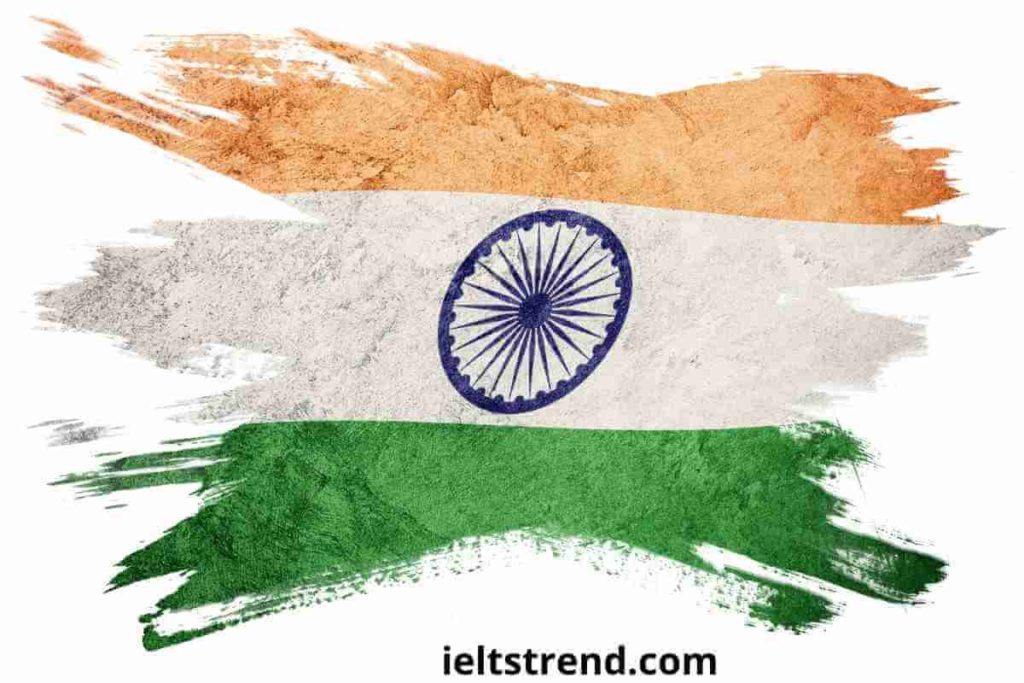Describe a historical period/time you want to know more about; You should say;
- What event is it?
- When did it happen?
- Who or what was involved in it?
Describe a Historical Period/Time You Want to Know More About
Well, I am ready anytime to learn historical events. I am not writing, and I love to learn something new. Today I would like to talk about the time when freedom fighter independent India from English people. Well, it was donkey years ago, I was a child, and I’ve no insights about that national historical time.
I was in school, and in my curriculum, I’d one historical unit. It was social science subjects, and I’d pedagogical tutor. He tough chapter, and before that time, I just had little knowledge about it. My teacher tough not only bookworm knowledge, but he also gives me deep wisdom. Owing to his unique and deeply teaching technique, I got information about that historical era. In Indian history, that period was golden.
It was roughly started in 1857, and after the freedom fighter fight, we got to our country on 15th August 1947. I feel proud that I got that erudition in my school day.
Follow-ups Describe a Historical Period/Time You Want to Know More About
Question 1:- What can we learn from history?
Answer – I believe that having an erudition of past events is not useful for some people’s occupational lives. However, sometimes it’s seen that history makes repeat themselves thus, if we learned, we could prepare.
Question 2:- How can people get reliable historical information?
Answer- Well, citizens can learn it from books as well as in this contemporary era, everything is available on the internet and a plethora of sites available so, they can learn from there—moreover, golden ager also good options for getting historical wisdom.
Question 3:- How do you think famous historical figures can serve as models for young people today?
Answer – Definitely yes, some historical events, especially national, yield more energy and youngsters learn from it and contribute to achieving. For instance, 1857 historical events stimulate youth to live for national rather than self.
Question 4:- Do people in your country like to visit museums?
Answer – Well, except young generation citizens love to visit a museum. Young people like to visit the place where they enjoy moments and for them thus is tired to death place.
Question 5:- Who do you think likes to go to museums more – children or adults?
Answer – I guess children prefer sightseeing museums more than teenagers do. They also have an academic syllabus; thus, for them, it is fascinating.
Question 6:- Do you think museums should be free of cost to enter?
Answer – I’ve doubt minded opinion for this notion. A museum is the source of income for the government. They can use it to improve citizen lifestyle if its free of cost, then it forges bad consequences whereas, if entry free is barely or zero then it motivates people to visit.
Question 7:- Do you think local people and tourists should pay the same amount to enter a museum?
Answer – I always believe that rules are the same for everyone; however, foreign tourism interacts with holidaymakers and is also beneficial for national and local people. Due to currency rate differences, those countries value high their citizens pay more, and those below this pay same as domestic people do.
Question 8:- How do you think the museums of the future might be different from today’s museums?
Answer – I don’t this we will see the difference in a museum nowadays or in future. Even I believe that conditions of it will go on downwards trend.
Question 9:- How do you think the museums of the future might portray the 21st century?
Answer: It can be, but I think the museum was good in the past, and nowadays, visitor numbers also declined; thus, there is less chance to this museum portrait this century in history.
Follow Us on IELTSTrend Twitter
Also, Read Describe Someone You Know Who Is a Good Cook

